The Japan Aerospace Exploration Agency (JAXA) said Japan launched a small, low-cost Epsilon rocket with nine satellites on Tuesday, the latest attempt to promote the participation of educational institutions and companies in space development.
The Epsilon-5 rocket took off from Uchinoura Space Center in the southwestern prefecture of Kagoshima at around 10:00 a.m. local time, according to the JAXA.
Measuring 2.6 meters in diameter and 26 meters in length, weighing 96 tons, the rocket carried nine satellites, the most for a mission performed by an Epsilon. A small satellite aboard was jointly developed by 10 national technology institutes.
The launch was initially planned for October but was delayed three times for technical and other issues.
The JAXA launched an Epsilon in January 2019, with seven satellites sent into space.
Solid fuel is used on the Epsilon series, which allows rockets to take less time to load on than liquid propellant does. Its artificial intelligence technology is intended to reduce labor and launch costs, the JAXA said.
Development costs for the Epsilon-5 totaled 5.8 billion yen (51 million U.S. dollars).








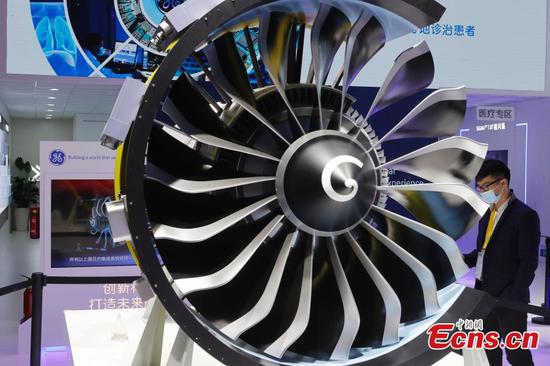
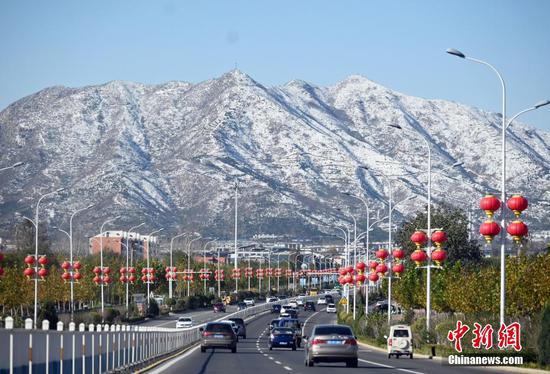

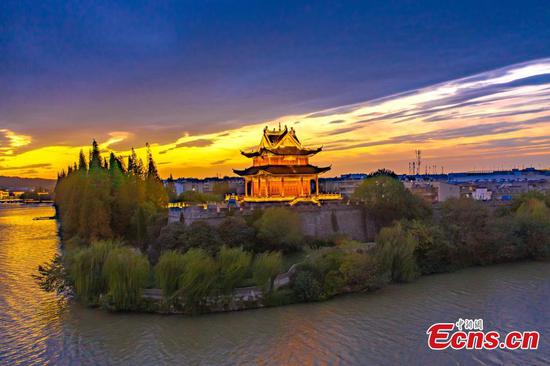

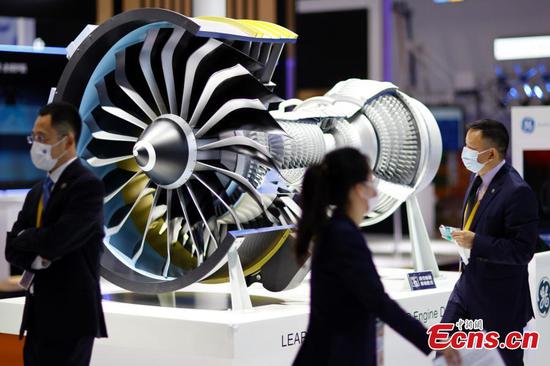


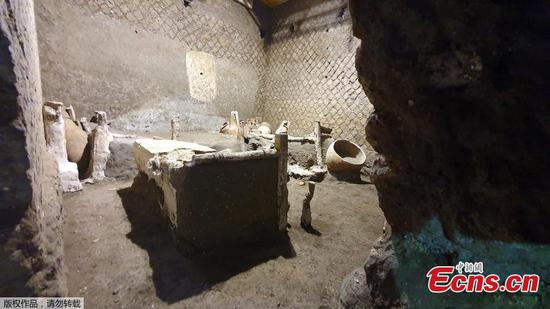
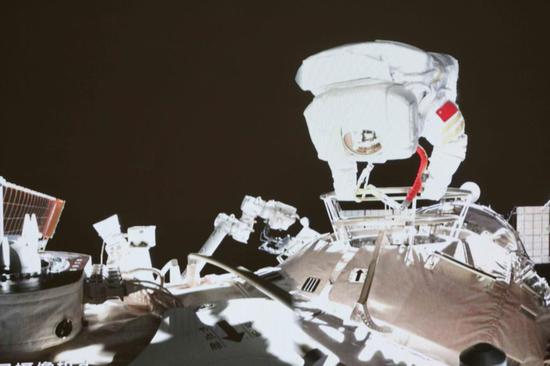
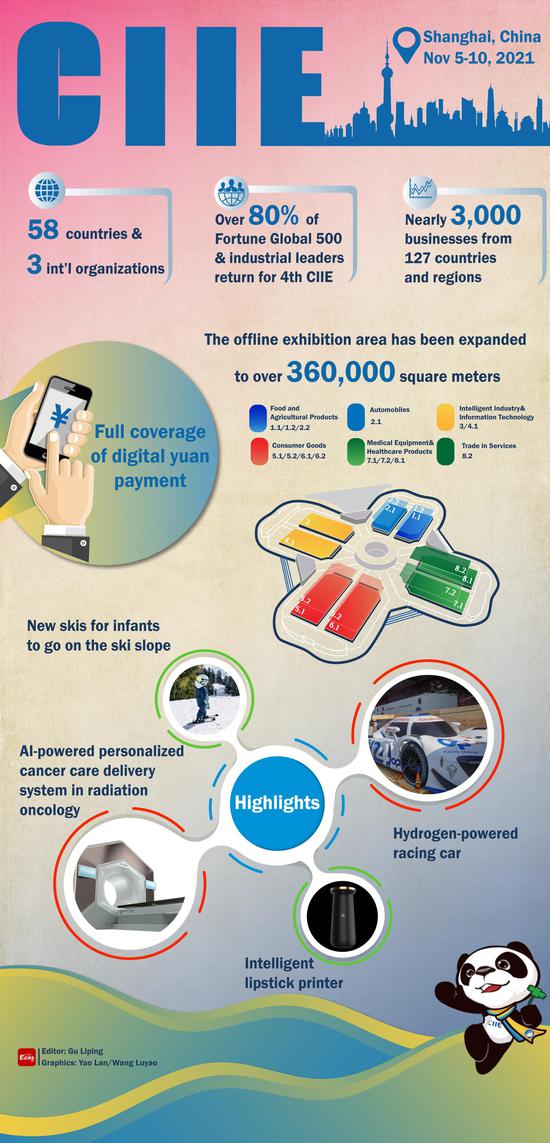


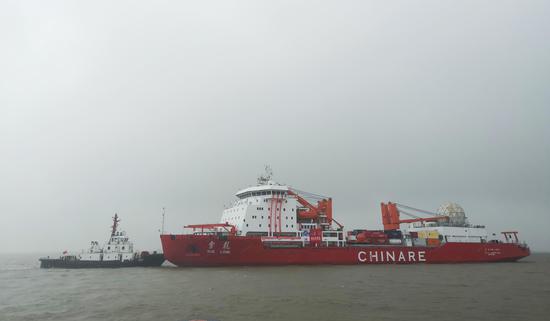
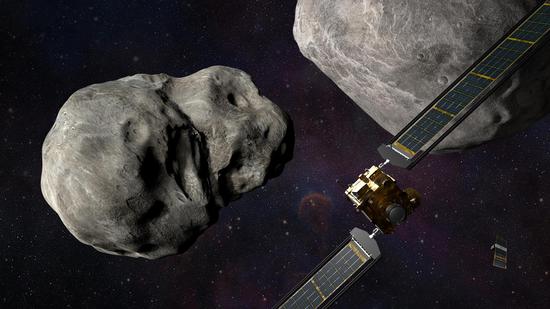
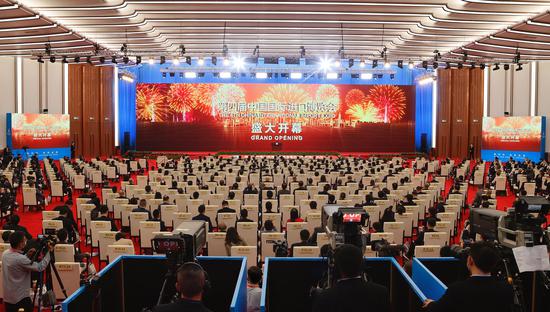





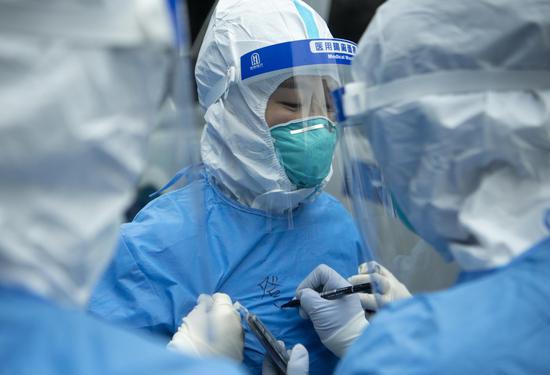


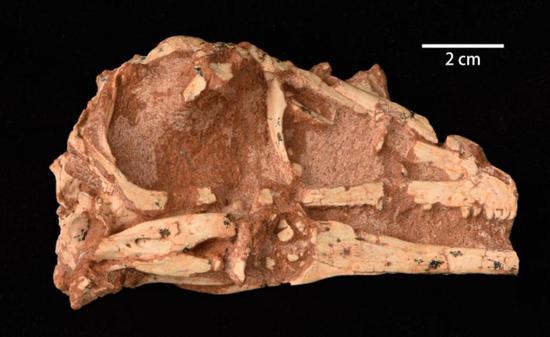

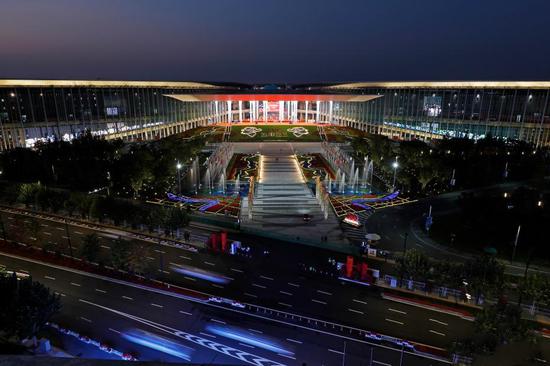




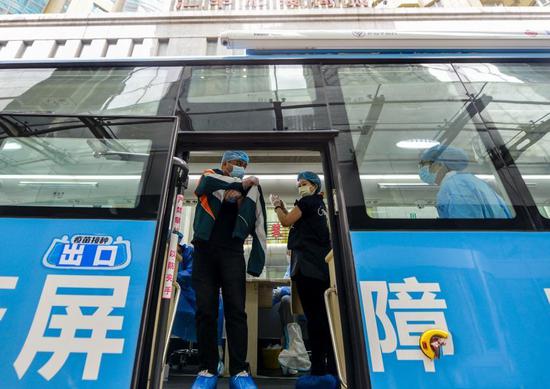

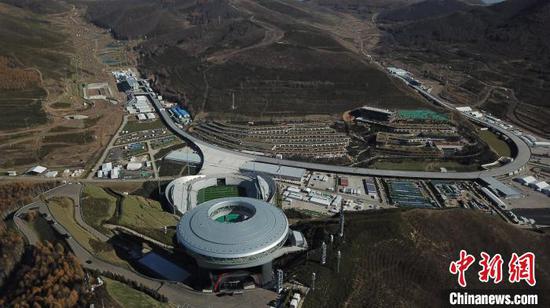








 京公网安备 11010202009201号
京公网安备 11010202009201号